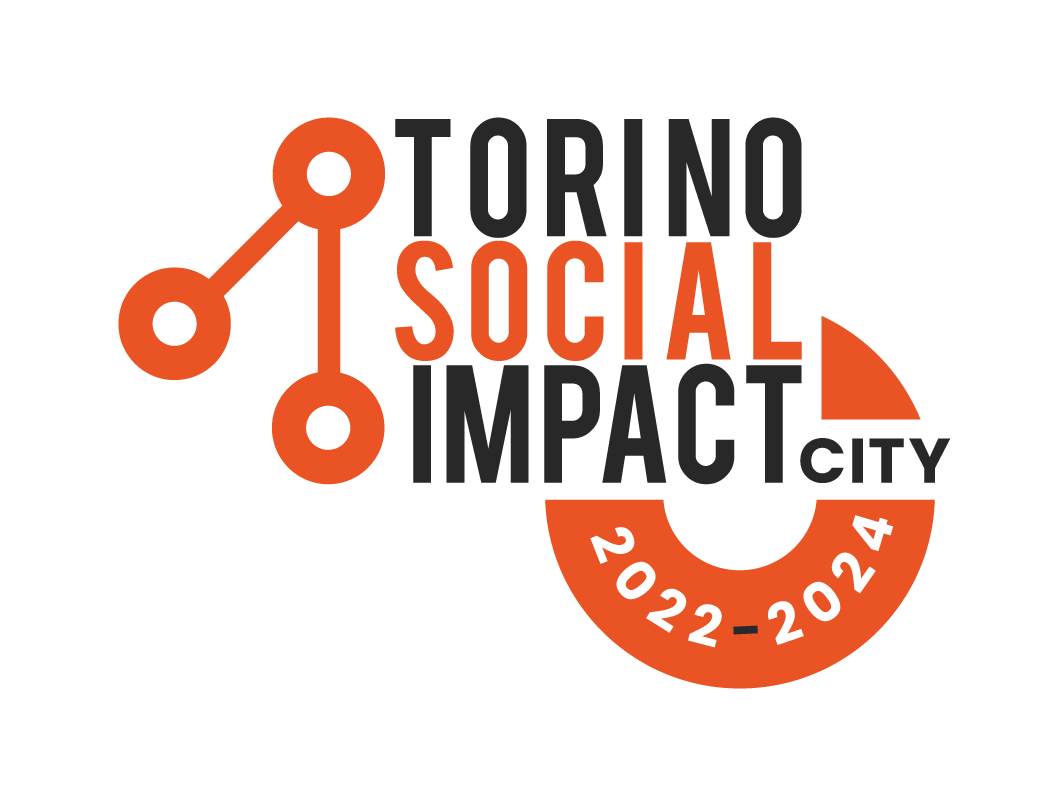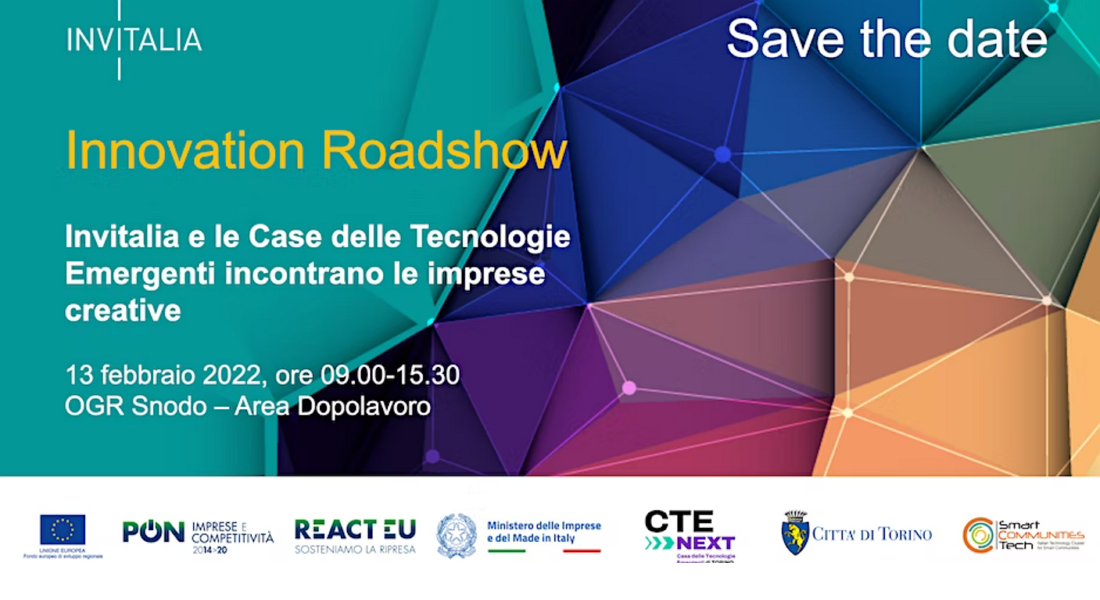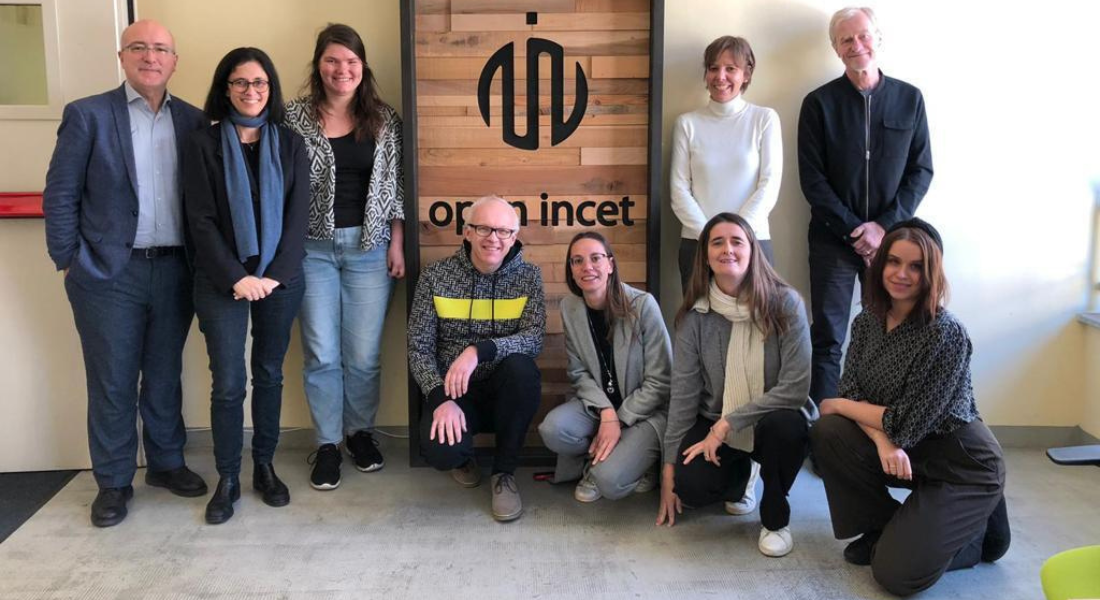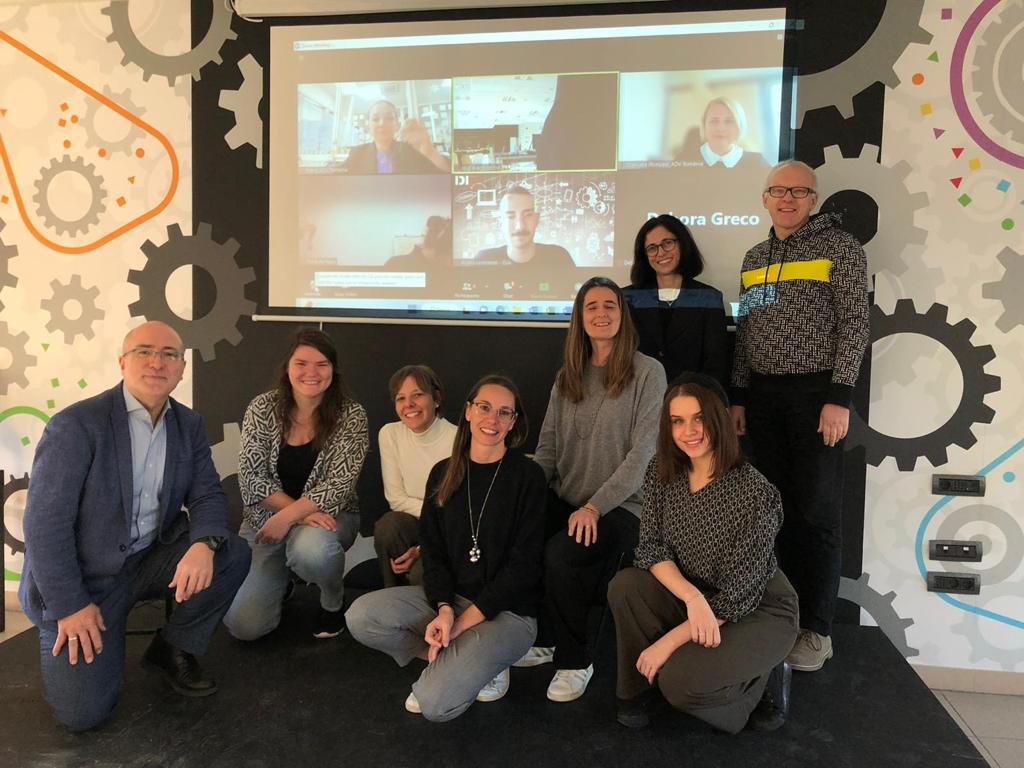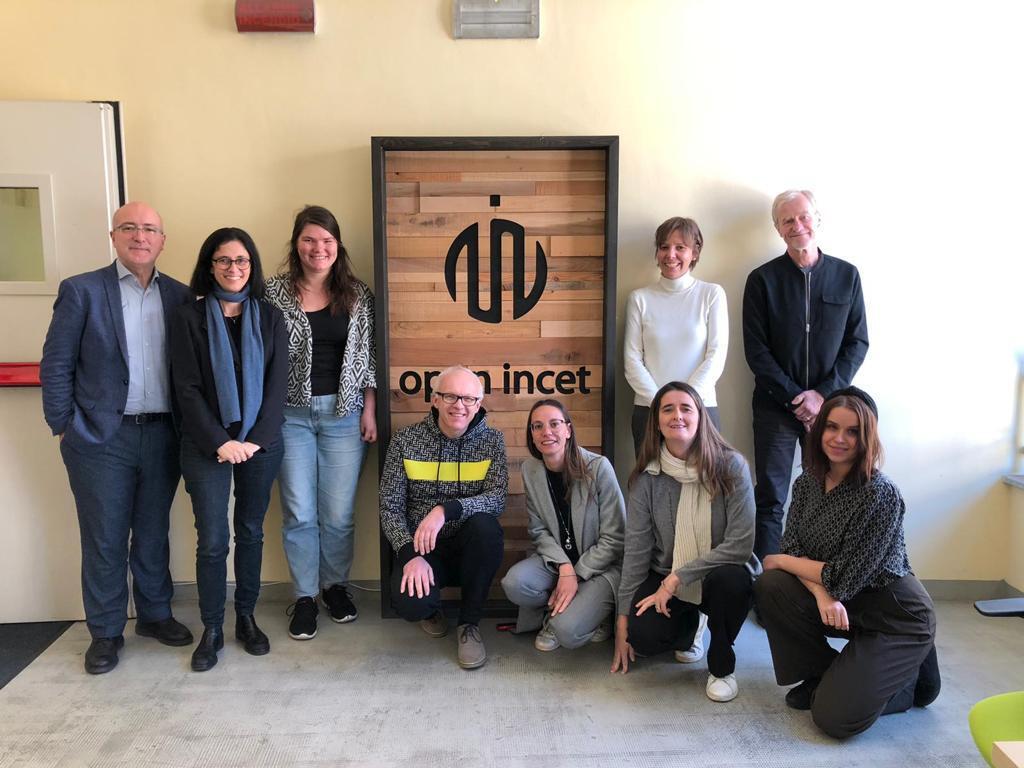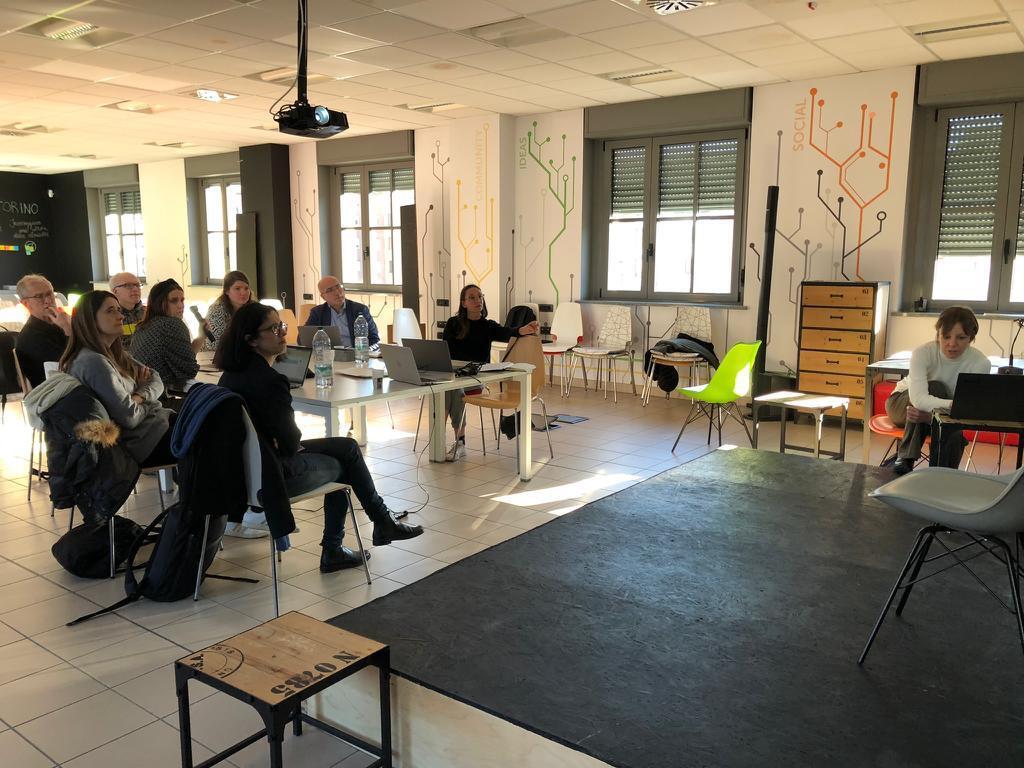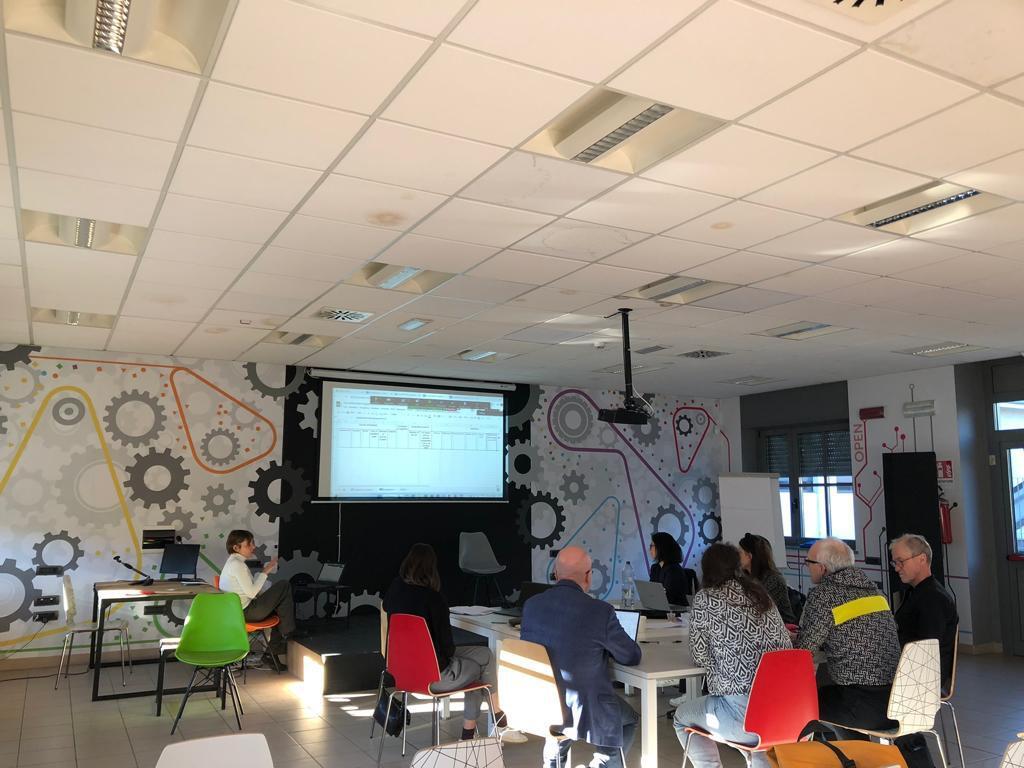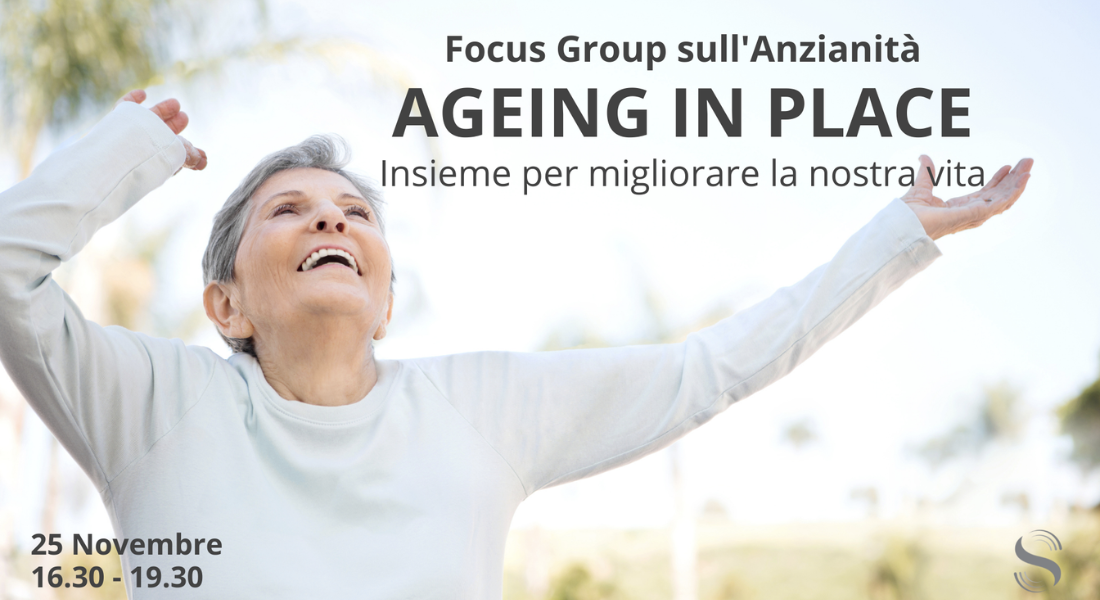The fourth meeting of the RESPONDET (Regional Social Economy Policies for sustainable community-Driven Environmental Transition) project, hosted in Turin on Jan. 24 and 25 by Città di Torino e Camera di Commercio di Torino, with Turin Social Impact, which welcomed European delegations from Belgium, Spain and Poland, concludes today.
The project aims to promote local and regional development in order to strengthen the social economy, making common management of resources the main element of social sustainability in the Green transition process, with a focus on circular economy and energy transition issues.
The theme of the fourth mission, “new models of cooperation and governance”, was explored by all project partners through intensive knowledge transfer work, which also included several study visits to the most significant impact economy places in the city, including Casa del Quartiere San Salvario, Via Baltea, Beeozanam, Open Incet, Centro Cultura Ludica “Walter Ferrarotti,” Casa nel Parco – Casa del Quartiere Mirafiori Sud.
In addition, some partners of Torino Social Impact were actively involved in the meeting through a structured networking moment with European stakeholders, offering them a space to compare, stimulate and reflect on social economy practices at the international level, in order to foster the growth of these initiatives in our territory.
Respondet’s partners are:
Generalitat of Catalonia. Business and Labor Department. Catalonia Region (ES) (lead partner), The Confederation of Cooperatives of Catalonia (ES), The European Network of Cities and Regions for the Social Economy (REVES aisbl), Service Public de Wallonie Economie, Emploi, Recherche – Direction de l’économie sociale (BE), Concertation des organisations représentatives de l’économie sociale (ConcertE S) (BE), Malopolska Voivodship/The Regional Centre for Social Policy in Cracow (ROPS) (PL), Città di Torino e Camera di Commercio di Torino.
Read more:
Chamber of Commerce and City of Turin win RESPONDET European Project for Torino Social Impact
First meeting of RESPONDET | Torino Social Impact project partners

